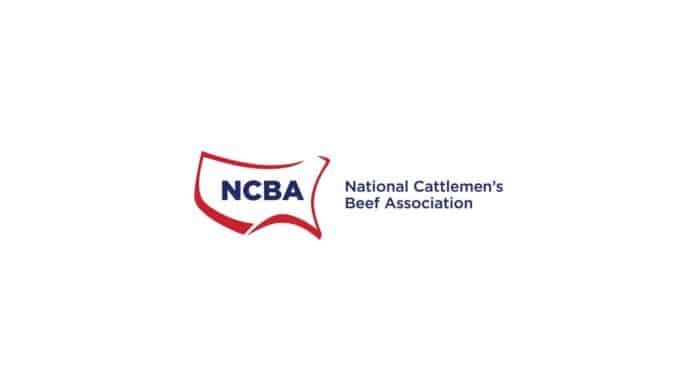ORLANDO, Fla. (Jan. 31, 2024) – The National Cattlemen’s Beef Association’s (NCBA) Executive Committee approved the organization’s policy priorities at the 2024 Cattle Industry Convention and NCBA Trade Show. This year’s priorities focus on advocating for the reauthorization of the Farm Bill, protecting cattle producers from federal regulatory overreach, and defending the U.S. cattle industry against external attacks.
“NCBA will continue pushing for passage of a Farm Bill that includes key animal health and voluntary conservation provisions, as well as hold the line against all federal policies that could damage the livelihoods of U.S. cattle producers,” said NCBA President-Elect and Wyoming cattle rancher Mark Eisele. “In the past year we have seen radical animal activists ramp up their attacks on our industry and our producer-funded Beef Checkoff that drives consumer demand and funds critical research. We will never let the same people that want to shut down family cattle operations, dictate how we promote our products.”
NCBA’s policy priorities include:
- Secure reauthorization of the animal health provisions in the 2018 Farm Bill and advocate for expanded funding of the National Animal Vaccine and Veterinary Countermeasures Bank (NAVVCB) to protect against Foot and Mouth Disease (FMD).
- Defend the U.S. cattle industry against radical animal activist groups that want to end cattle production, including the Beef Checkoff.
- Fight against misguided Endangered Species Act rules and any expansion of bureaucratic red tape under the National Environmental Policy Act (NEPA).
- Preserve family farms and ranches for future generations by advocating for essential tax relief for cattle producers.
“Despite our success last year in finally reducing the size and scope of the onerous Waters of the U.S. rule, many more misguided regulations have been proposed that undermine the voluntary conservation work of cattle producers. NCBA will stand strong against these rulemakings – setting the record straight on regulations that are not backed by science and would leave America’s rangelands in total disorder,” Eisele added.


